If you’ve done the Grand Canyon and Sedona, but want a deeper dip with Arizona, take a trip south to the big blue skies of Tucson. Close to the southern border, it was the allure of giant cacti that first piqued my interest in taking in Tucson, but the town itself is well worth exploring. Topographically, this college-town and its perky small-town personality is nestled within supreme scenery. Situated in a desert valley, at an elevation of 2500 feet, downtown Tucson is ringed by stunningly serrated mountain ranges, including the Santa Catalinas, Tucson Mountains and the Rincons. By day, the desert air is hot, sweet and dry. (You’d have to be a sadist to plump for a visit in the height of summer.)
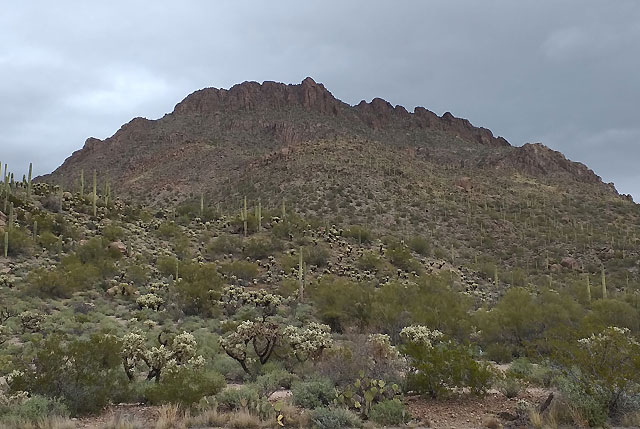
But in classic desert fashion, nights are cool and crisp with stupendous sunsets giving way to black-velvet skies as coyotes howl. Similar in size to Christchurch, downtown Tucson is easily navigable, with a strong Mexican/Latino flavour. St. Augustine Cathedral looks positively Central or South American, unmistakeably flamboyant with its Spanish colonial flourishes. As is San Xavier Mission, the oldest European structure in Arizona and a sublime example of Spanish Colonial architecture. The evocative Presidio Historic District is stacked with early settler heritage and architecture, much of it repurposed into artist studios and boutique eateries. The presidio was built in 1775, marking the northern advance of the Spanish Empire in the Americas.
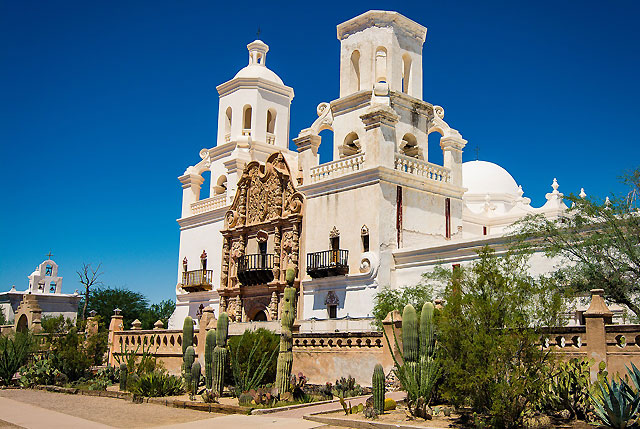
There’s a fabulous self-guided walking route around downtown’s essential sights, called the Turquoise Trail. Get your fill of fabulous Mexican fare from El Charro café. It’s the oldest continuously operated family-owned Mexican restaurant in the USA. This century-old institution specialises in Sonoran-style cuisine. Tortillas here are flour-based, not corn-based, while burritos are called burros.
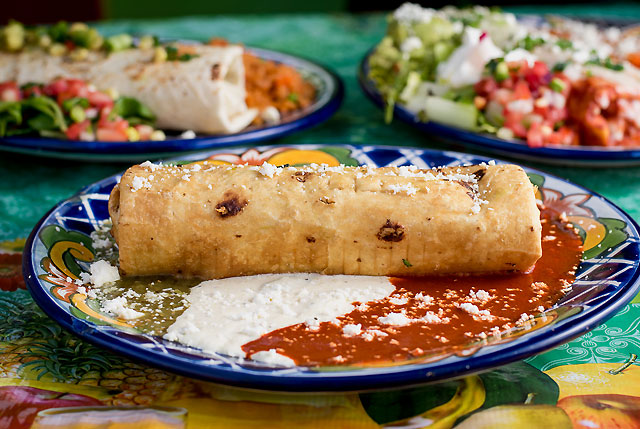
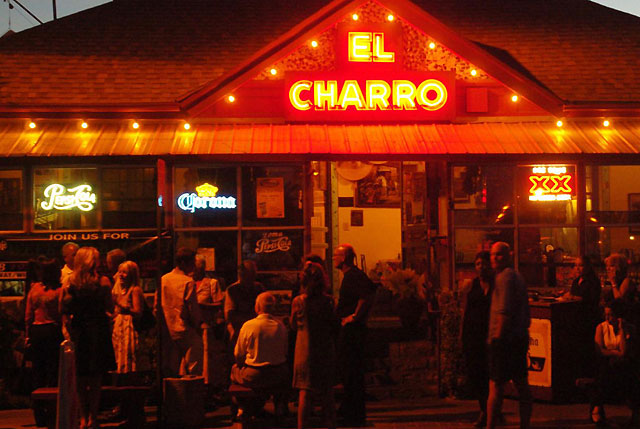
But after you’ve had city fix, it’s the great outdoors that will be calling, because Tucson’s best perks require straying beyond the city limits. The trail mix of offerings is overwhelming, studded with dramatic natural scenery. First up, I headed to Tanque Verde Falls in the Rincon Mountains. Looping around the assortment of rock pools, fed by a family of 100-foot waterfalls, the walking trails are soulful, with surprises aplenty. Naked people. Lots of them. The area is a haven for nudists, which I wasn’t aware of, until it abruptly became self-explanatory. I opted to keep my clothes on while soaking up this cracking natural playground.
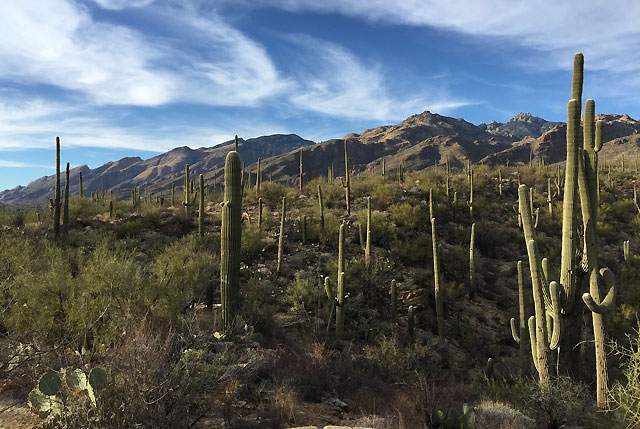
The vast Sonoran Desert straddles both sides of the border, and is famed for its big skies and cacti. But on the periphery of town, Tucson’s crown jewel, Saguaro National Park, is home to the biggest desert cacti of all. It’s not often you encounter a national park split into two separate swathes of land. But Saguaro National Park is, with sprawling protected parkland, east of the city in the Rincon Mountains and west of the Tucson mountain ranges. It’s the western park that is particularly riveting, extra-blessed with mountain scenery, rich desert colours and soulful landscapes.
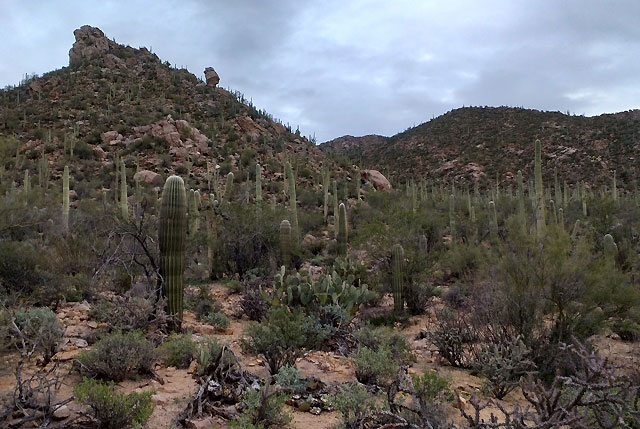
American national parks do have a tendency to pander to lazy people, with self-drive routes. The Bajada Loop Drive is an 11km-long circuit that weaves its way through the west wing of Saguaro National Park, providing spectacular vistas of the cacti forests, along with access to the trailheads. But saguaro cacti are so majestic, you’d be a mug not to hit the walking tracks for some intimate encounters. The giant saguaro cacti are the world’s biggest cacti. Native American folkfore says that these towering multi-armed prickly plants were once people. I set off on one trail that also served up the grandeur of native American petroglyphs. The greatest concentration can be savoured on the Signal Hill trails. In a bid to beat the crowds, I entered the park at first light.
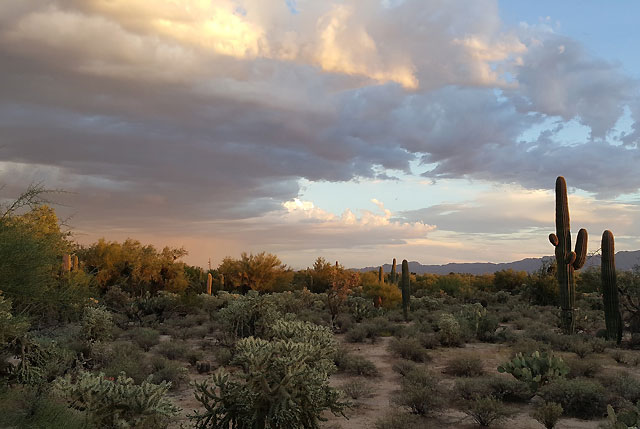
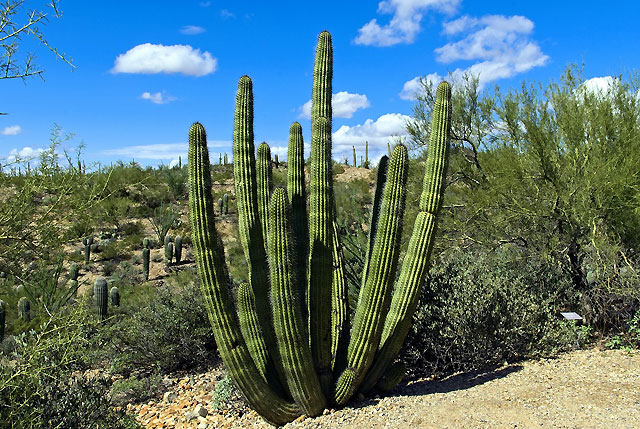
Also in the park, I chanced upon my first ever encounter with a kangaroo rat. These fast-footed critters actually live underground, but will jump out of their burrows regularly – particularly to avoid danger. They can spring remarkably high – like rats doing the high jump. If you’re after more solitude with succulents in Sonoran Desert surroundings, a brief drive south brings you to Organ Pipe Cactus National Monument.
This protected site also sports the saguaro cactus, but also two other varieties of giant columnar cacti. The organ pipe differs from the saguaro in that all of its flute-like branches begin at its base, shooting straight up, hence its name. I also admired the senita cactus. This is the only place they grow in the USA and their prickly limbs are mop-topped with hairy white tufts, giving rise to its nickname, “old man’s beard.’ www.visittheusa.com.au
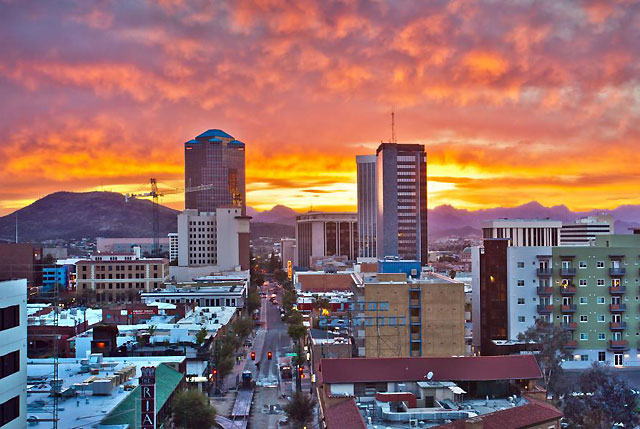
Where to stay? I staked a fun and quirky Tucson roost on Booking.com. Hotel McCoy is a refurbished retro mid-century motel, where vintage vibes meet modern perks and affordable rates. From the fully restored pool to the A-shaped entrance and exposed posts beams, to the gallery-worthy stash of local art, McCoy is packed with personality. It showcases locally brewed craft beer, roasted coffee and Tucson wines. It’s a must. Booking.com don’t just list your stock-standard accommodations, but a feast of characterful finds like Hotel McCoy. Booking.com recently commissioned some research which found that nearly a third of Kiwis prefer to stay in unique and quirky accommodations. Hotel McCoy is a star specimen. It’s super-affordable through www.booking.com

I flew to Arizona with Hawaiian Airlines, jetting from Auckland to Phoenix via Honolulu. The full-service carrier operates onward from Honolulu to 13 U.S mainland destinations. Kiwis love the airline’s Extra Comfort upgrade, which provides more legroom, priority boarding, a personal power outlet and amenity kit. Purchase Extra Comfort for just $139 NZD. Book early to avoid disappointment- it’s very popular! Clearing border security in Honolulu makes your onward connection to the mainland far less stressful, given it’s considered a domestic flight. Book directly at www.HawaiianAirlines.co.nz

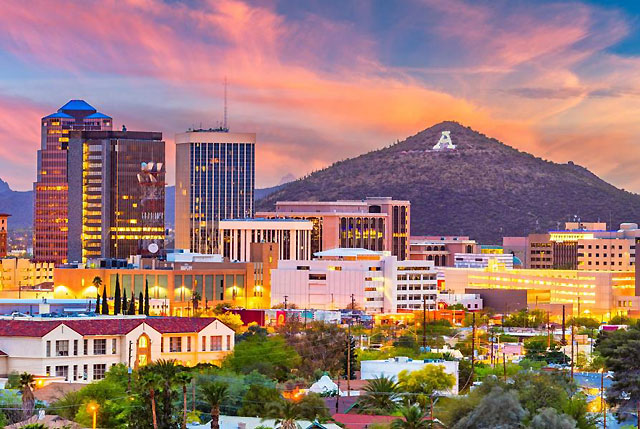
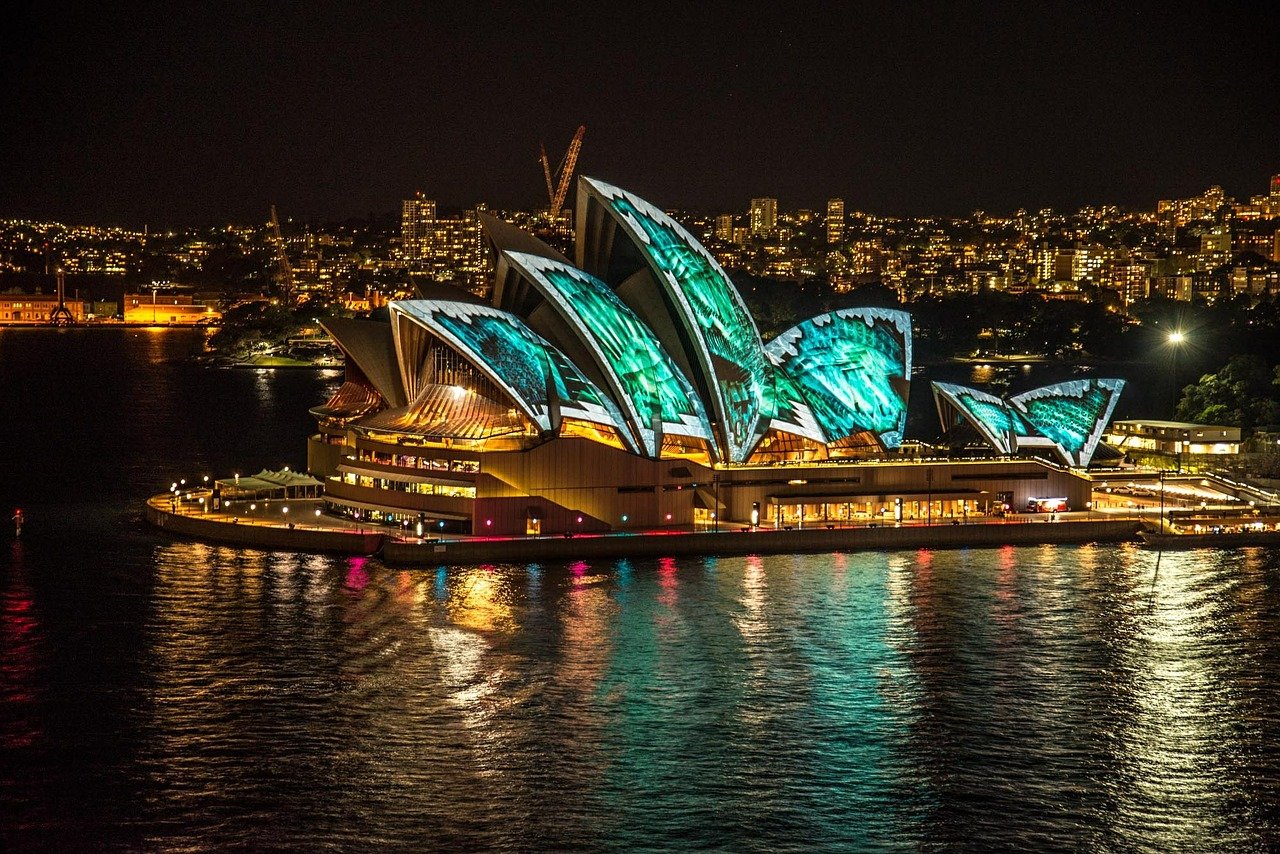
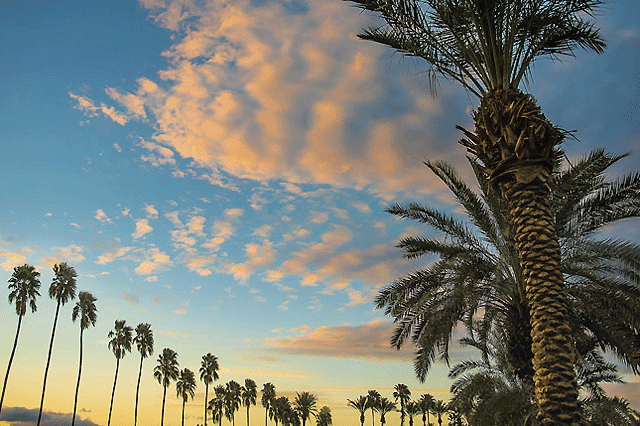
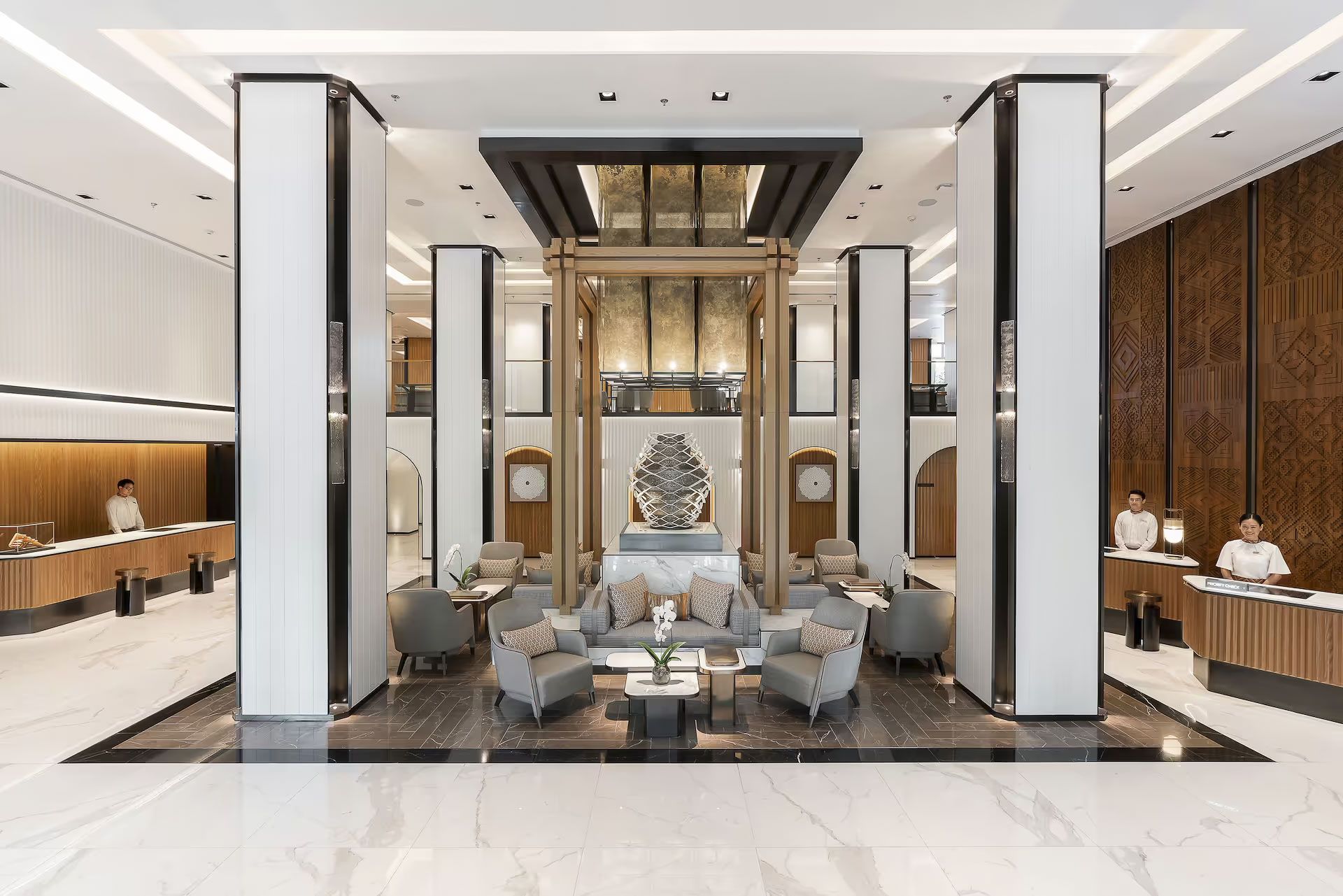
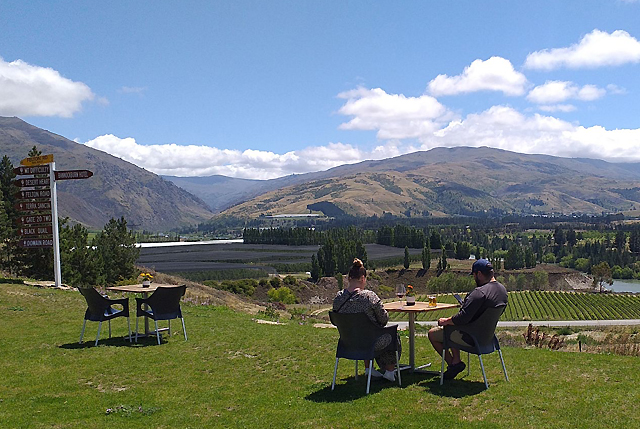
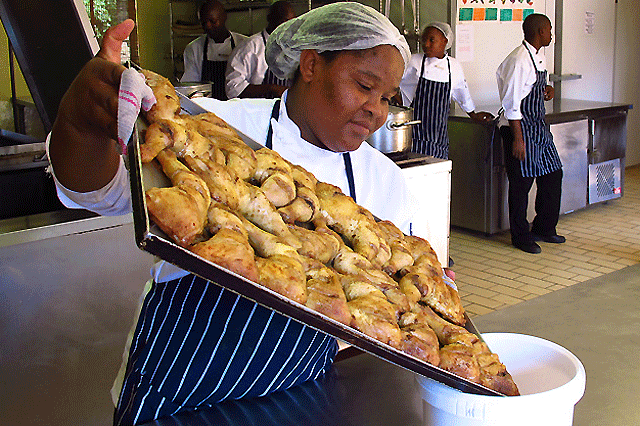
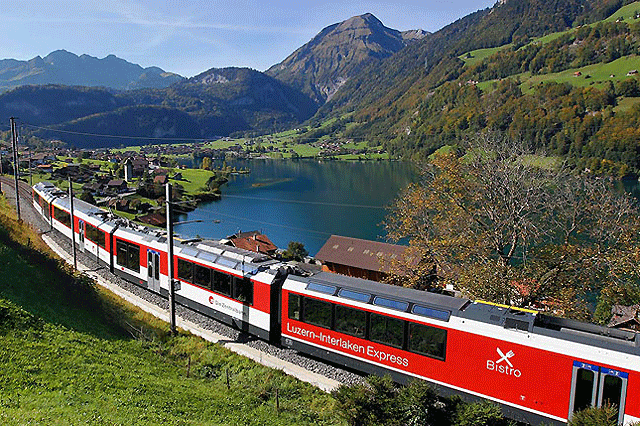
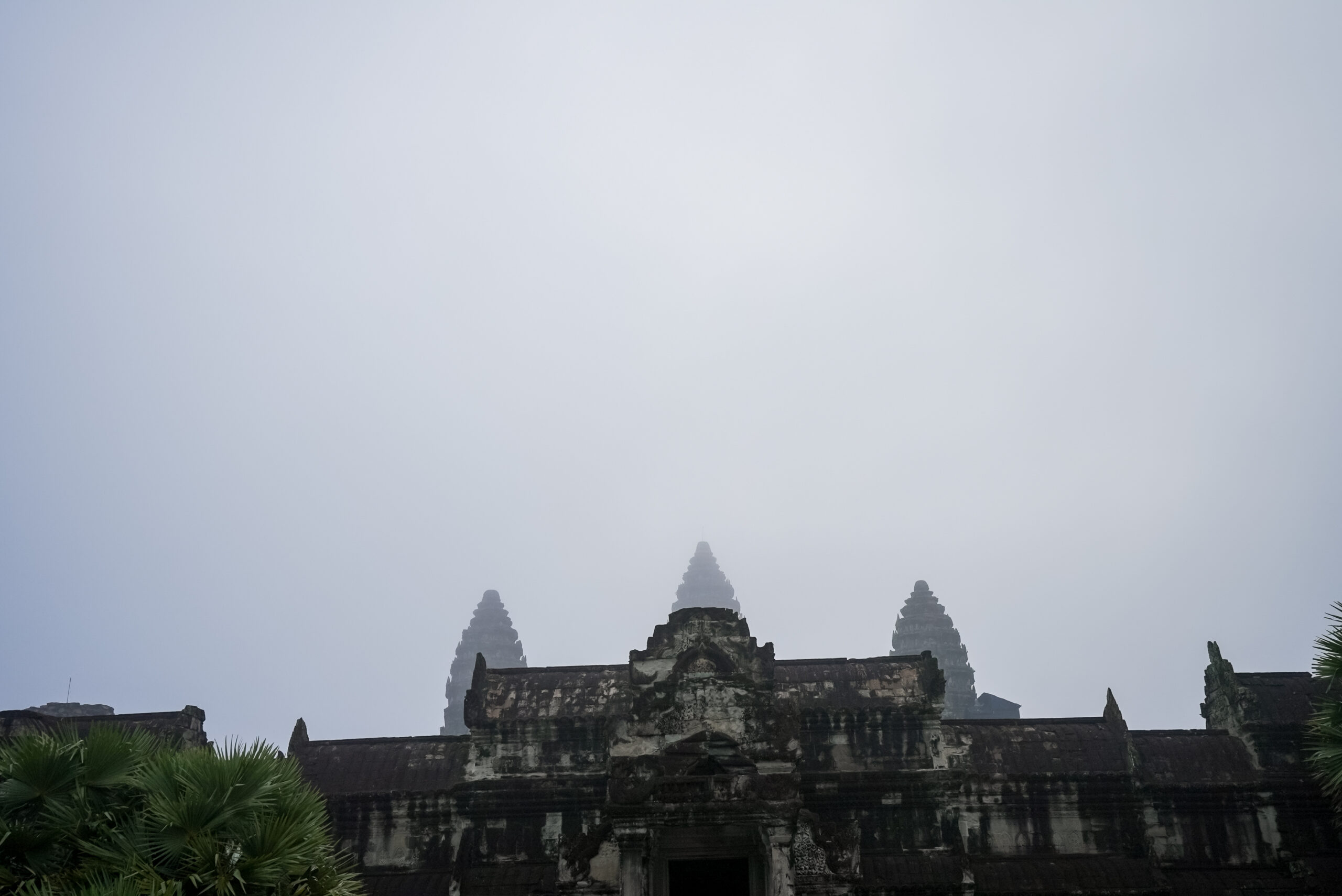
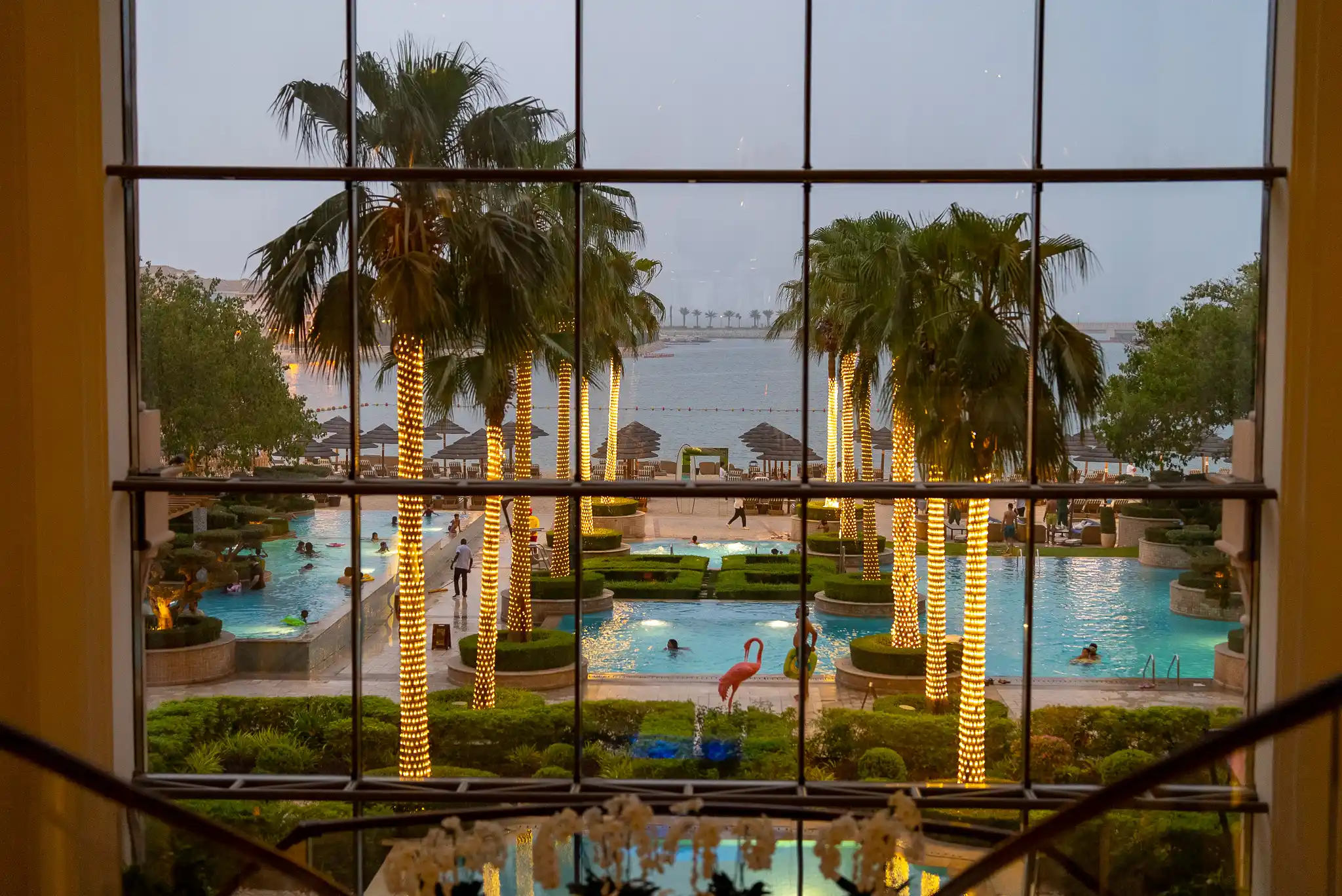
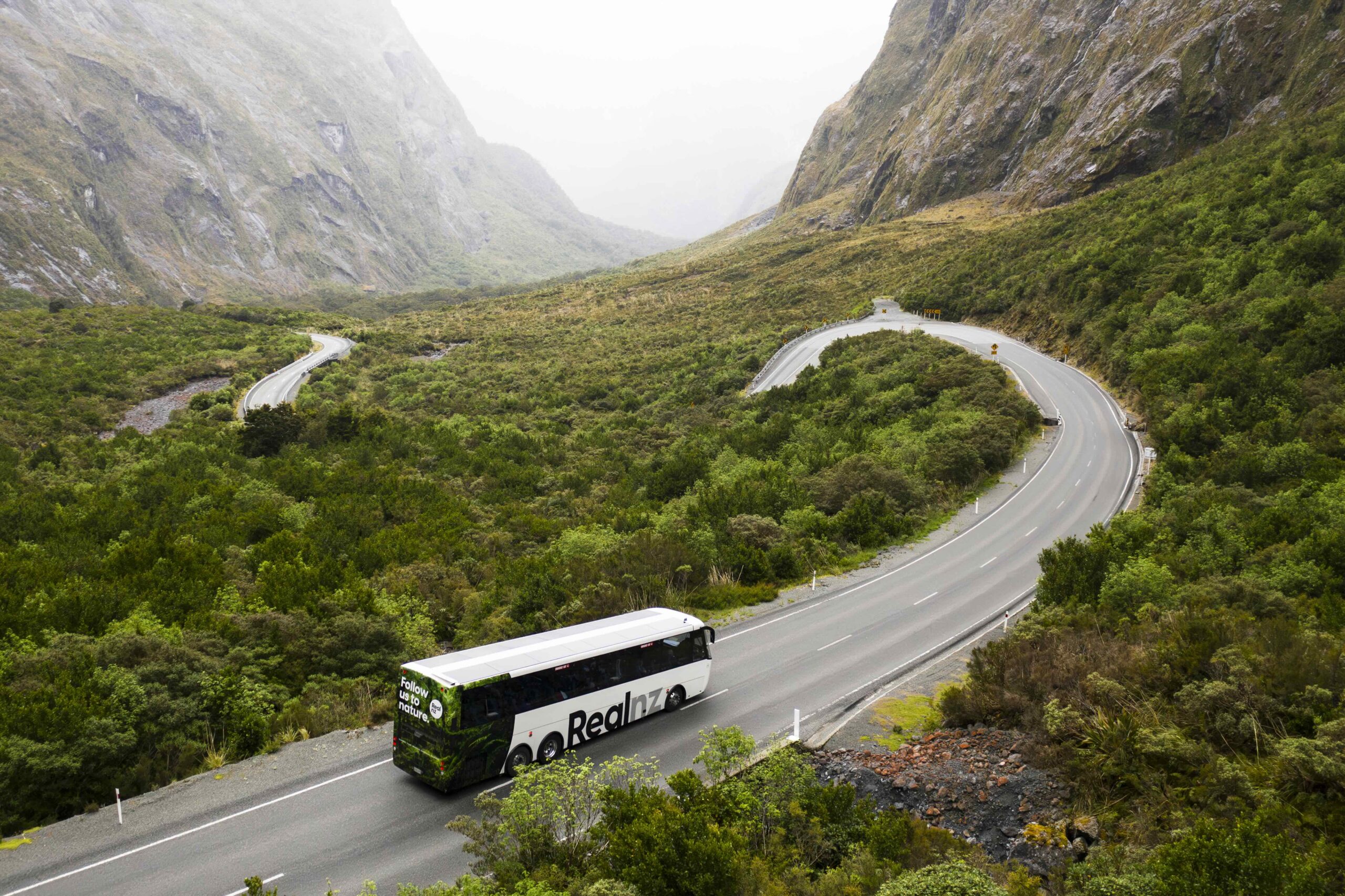
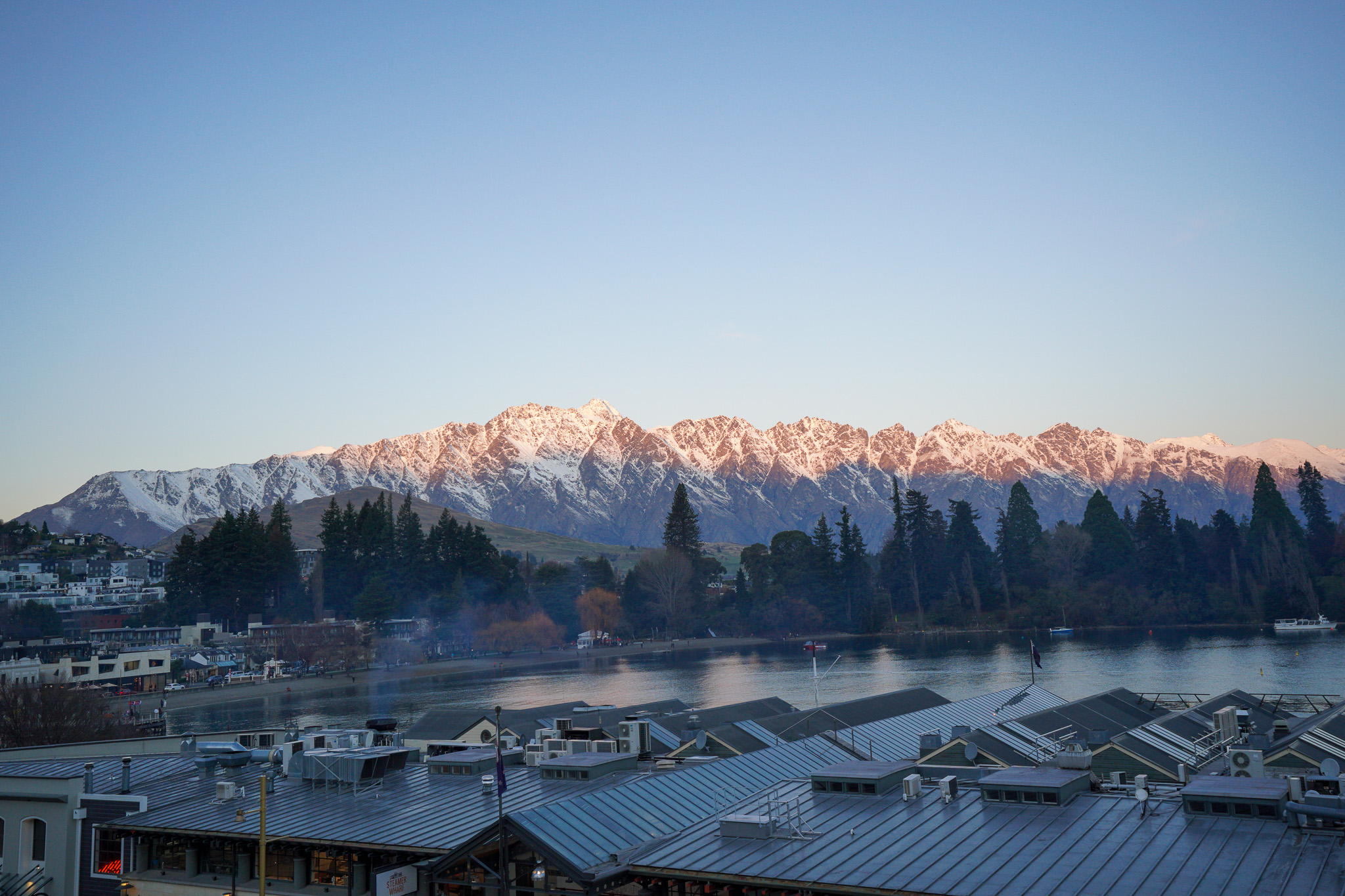

Recent Comments